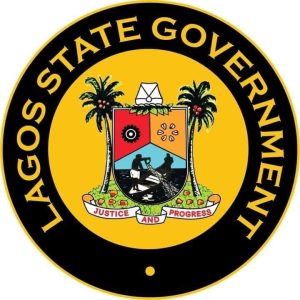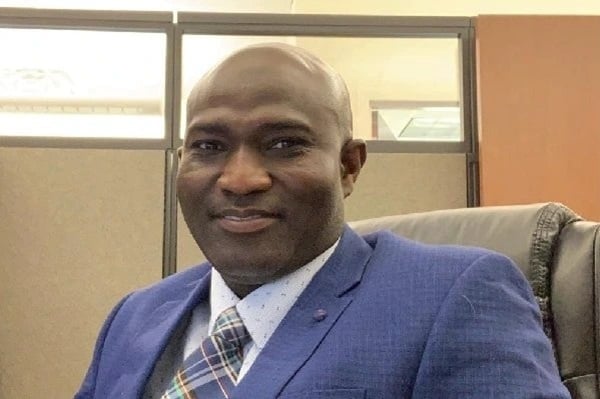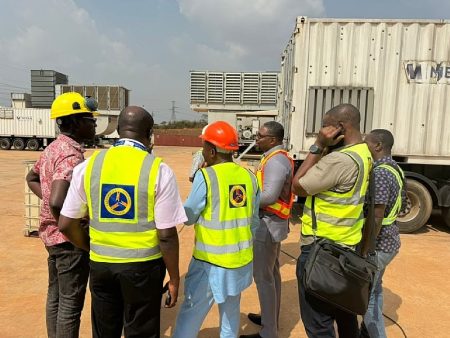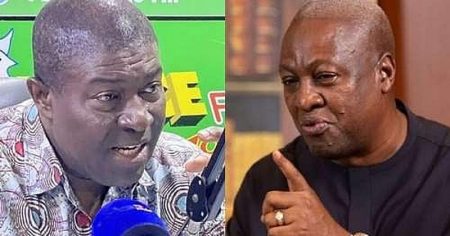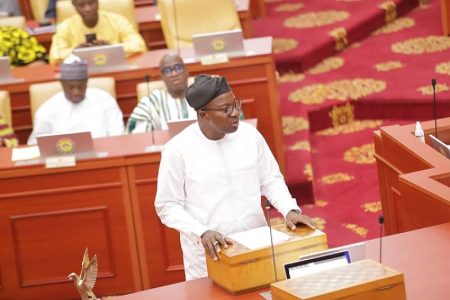Dr. Sa-ad Iddrisu’s allegations of widespread corruption within the previous New Patriotic Party (NPP) government have sparked a national debate in Ghana, raising concerns about transparency, accountability, and the true state of the nation’s finances. His claims, posted on Facebook, allege significant financial mismanagement discovered during his tenure at the Finance Ministry under the newly elected John Dramani Mahama administration. While bound by an oath of secrecy, Dr. Iddrisu hints at the severity of the alleged misconduct, suggesting that public knowledge of the full extent of the “economic mess” would lead to widespread demands for legal action against former President Nana Addo Dankwa Akufo-Addo and his appointees. This situation underscores the delicate balance between maintaining confidentiality and ensuring public trust in government.
Dr. Iddrisu’s post expresses astonishment at the level of alleged financial mismanagement he encountered upon assuming his role. He implies a stark contrast between the perceived public image of the NPP’s economic management and the reality he has observed within the Finance Ministry’s records. His statement, “Ghanaians have really been patient with the NPP in power and in opposition now,” suggests a perceived pattern of misconduct extending beyond the Akufo-Addo administration’s time in office. This insinuation broadens the scope of the allegations, potentially implicating a larger network of individuals and raising questions about the historical oversight of public funds. The post carefully avoids revealing specific details, relying instead on suggestive language to pique public interest and fuel speculation.
The core of Dr. Iddrisu’s accusation centers on the idea of a concealed “economic mess” left behind by the previous administration. He posits that if the Ghanaian public were privy to the true state of the nation’s finances, they would demand a “fast track court” to prosecute those responsible. This dramatic language paints a picture of severe financial impropriety, suggesting potential criminal activity rather than mere mismanagement. By invoking the image of a fast-track court, Dr. Iddrisu implies the need for swift and decisive action to address the alleged wrongdoing, further emphasizing the urgency and gravity of the situation. This rhetoric effectively frames the issue as one of justice and accountability, appealing to the public’s desire for transparency and good governance.
The ensuing public reaction has been polarized, reflecting the politically charged nature of the allegations. While some citizens urge the Mahama administration to provide concrete evidence to substantiate Dr. Iddrisu’s claims, supporters of the NPP dismiss the allegations as politically motivated attacks intended to discredit the previous government. This divergence of opinion highlights the inherent challenges in assessing such claims in a politically charged environment. The demand for evidence underscores the importance of transparency and due process, while the accusations of political motivation raise concerns about the potential for using such allegations for partisan gain. This dynamic necessitates a cautious approach to interpreting the information, emphasizing the need for thorough investigation and impartial analysis.
The call for a comprehensive audit of the Finance Ministry’s records has gained momentum in the wake of Dr. Iddrisu’s allegations. Such an audit, if conducted independently and transparently, could provide crucial evidence to either corroborate or refute the claims of financial mismanagement. The audit’s scope and methodology will be critical in determining its effectiveness and credibility. It should encompass a thorough examination of financial transactions, procurement processes, and budgetary allocations during the NPP’s tenure. Furthermore, public access to the audit’s findings would be essential to ensure transparency and build public trust in the process. This emphasis on independent verification highlights the importance of robust institutional mechanisms for ensuring accountability and preventing corruption.
The unfolding situation presents a complex challenge for the Mahama administration. Balancing the need to address serious allegations of corruption with the imperative to avoid fueling political tensions requires a careful and measured approach. A transparent and thorough investigation into the alleged financial mismanagement is crucial for upholding public trust and ensuring accountability. Simultaneously, the government must strive to maintain political stability and foster a climate of constructive dialogue. This delicate balancing act underscores the importance of strong institutions, independent oversight mechanisms, and a commitment to due process in addressing allegations of corruption. The outcome of this situation will significantly impact public perception of the government’s commitment to transparency and its ability to effectively manage the nation’s finances.


